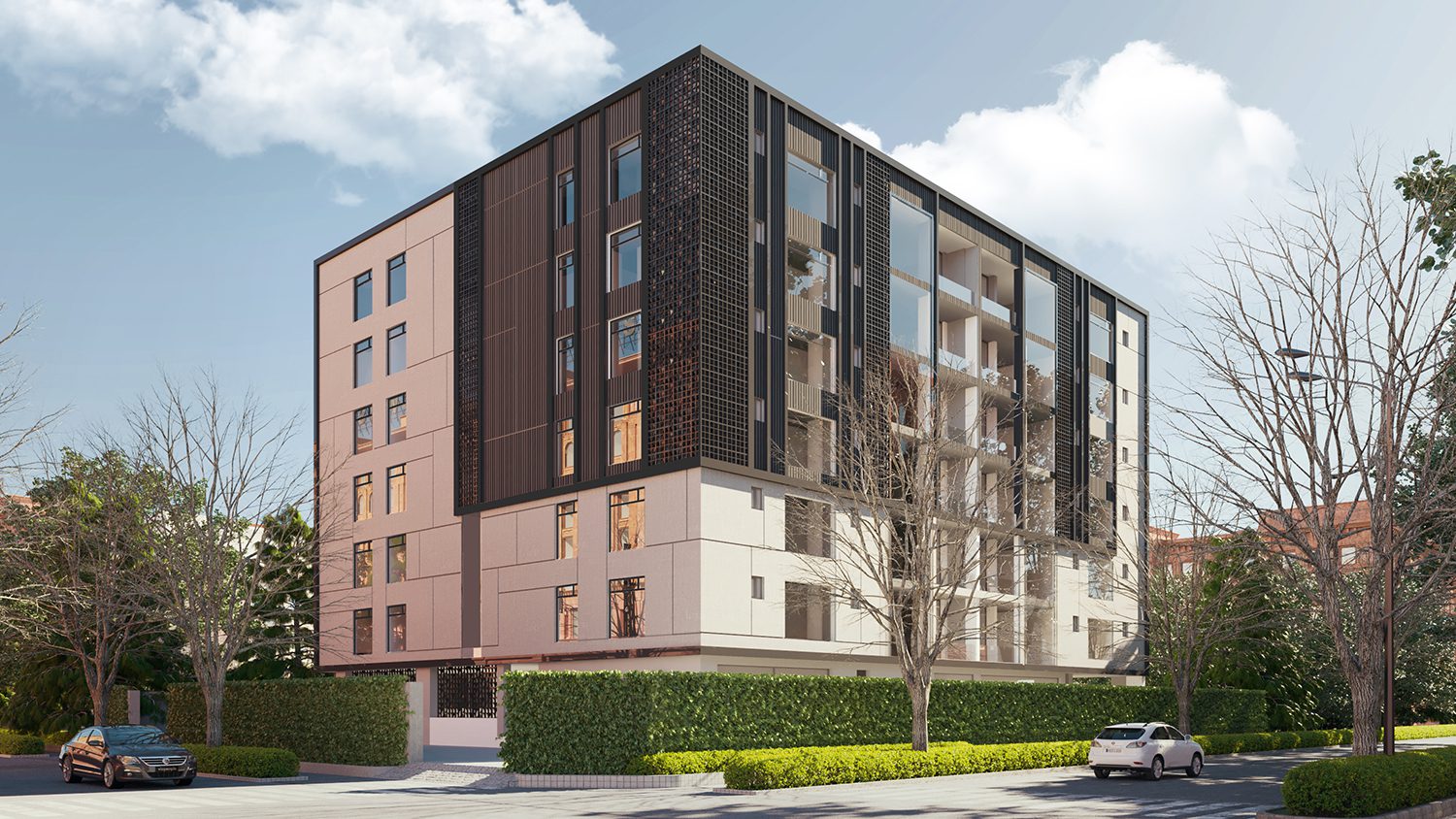Zero-Waste Living in Modern Apartments: Is Pakistan Ready?

Introduction
In the fight against climate change and resource overuse, zero-waste living is gaining traction worldwide. The idea is simple yet powerful—reduce, reuse, and recycle to create as little waste as possible. For urban dwellers in Pakistan, particularly those living in modern apartments, this concept is not just a lifestyle trend—it’s a sustainable necessity. Developments like Falaknaz Greens, One Beverly, and The Mega Mall are setting the tone by encouraging environmentally conscious living within their communities.
So, is Pakistan ready for zero-waste apartments? The answer lies in smart infrastructure, responsible living, and collaborative efforts between developers and residents.
What Is Zero-Waste Living?
Zero-waste is a lifestyle aimed at eliminating as much landfill-bound waste as possible by:
Refusing unnecessary items
Reducing consumption
Reusing or repurposing items
Recycling responsibly
Composting organic waste
In the context of apartments, this means adopting systems and habits that minimize household waste and make sustainable disposal second nature.
Why Zero-Waste Matters in Urban Pakistan
Pakistan generates over 3.9 million tons of plastic waste annually, much of which ends up in landfills or water bodies. With urbanization on the rise, the situation is becoming critical.
Living zero-waste in apartments can:
Reduce environmental pollution
Lower household expenses
Improve community health
Encourage mindful consumer behavior
As apartment communities grow, their collective impact on the environment becomes harder to ignore—and also offers a chance to make meaningful change.
How Developers Are Supporting the Zero-Waste Vision
1. Waste Segregation Systems
At Falaknaz Greens, waste management includes:
Separate bins for recyclables, organic waste, and general trash
Clear signage and instructions for residents
Community workshops on proper disposal
This creates a culture of conscious disposal and makes recycling more effective.
2. Composting Facilities
In sustainable communities like One Beverly:
Shared composting units are installed for kitchen waste
Compost is used for community landscaping and gardens
Residents are trained to separate wet and dry waste
This turns food scraps into a valuable resource, reducing methane emissions from landfills.
3. Refill Stations and Packaging-Free Stores
The Mega Mall integrates sustainable shopping concepts like:
Refill stations for detergents, shampoos, and grains
Bulk shopping options to reduce plastic packaging
In-mall awareness campaigns promoting reusable bags and containers
This makes it easier for residents to live zero-waste without compromising convenience.
4. Digital Communication and Paperless Systems
Instead of printed notices and documents, many zero-waste-oriented developments now use:
Resident apps for billing, updates, and service requests
QR codes for menus and directories
Online documentation for leases and contracts
Falaknaz Greens is reducing paper usage across its management practices, contributing to its eco-conscious branding.
Tips for Residents: Living Zero-Waste in Apartments
Even if a building isn’t fully zero-waste, individuals can still make a big difference by:
Composting at home using small bins or bokashi systems
Buying in bulk to reduce packaging waste
Switching to reusable items (bags, containers, bottles)
Avoiding fast fashion and choosing quality over quantity
Donating or swapping items instead of discarding
Zero-waste living is not about being perfect—it’s about doing better, together.
Economic Benefits of Zero-Waste Apartments
Both residents and developers enjoy financial advantages, such as:
Lower waste collection and disposal costs
Reduced utility bills (less energy and water use)
Increased appeal to eco-conscious tenants and investors
Eligibility for green certifications and incentives
Over time, zero-waste communities cost less to run, making them a smart long-term investment.
Cultural Shift: From Awareness to Action
In Pakistan, awareness of sustainability is growing, especially among younger urban families. With digital platforms promoting eco-conscious lifestyles, the momentum for zero-waste living is building.
Developments like One Beverly are capitalizing on this shift by embedding sustainability into their identity—attracting modern buyers who care about purpose-driven living.
The Road Ahead: Government and Policy Support
For widespread adoption of zero-waste practices in apartment living, Pakistan needs:
Municipal incentives for waste segregation
Legal mandates for composting and recycling in high-rises
Public-private partnerships for recycling infrastructure
Educational programs on sustainable waste management
Developers already leading the way—like those behind Falaknaz Greens and The Mega Mall—will become role models in this national movement.
Final Thoughts
Zero-waste apartment living isn’t just possible in Pakistan—it’s already happening. Through thoughtful design, resident education, and supportive infrastructure, communities like Falaknaz Greens, One Beverly, and The Mega Mall are proving that sustainability starts at home.
By choosing to live with less waste, residents aren’t just helping the planet—they’re building a cleaner, smarter, and more resilient future for everyone.


